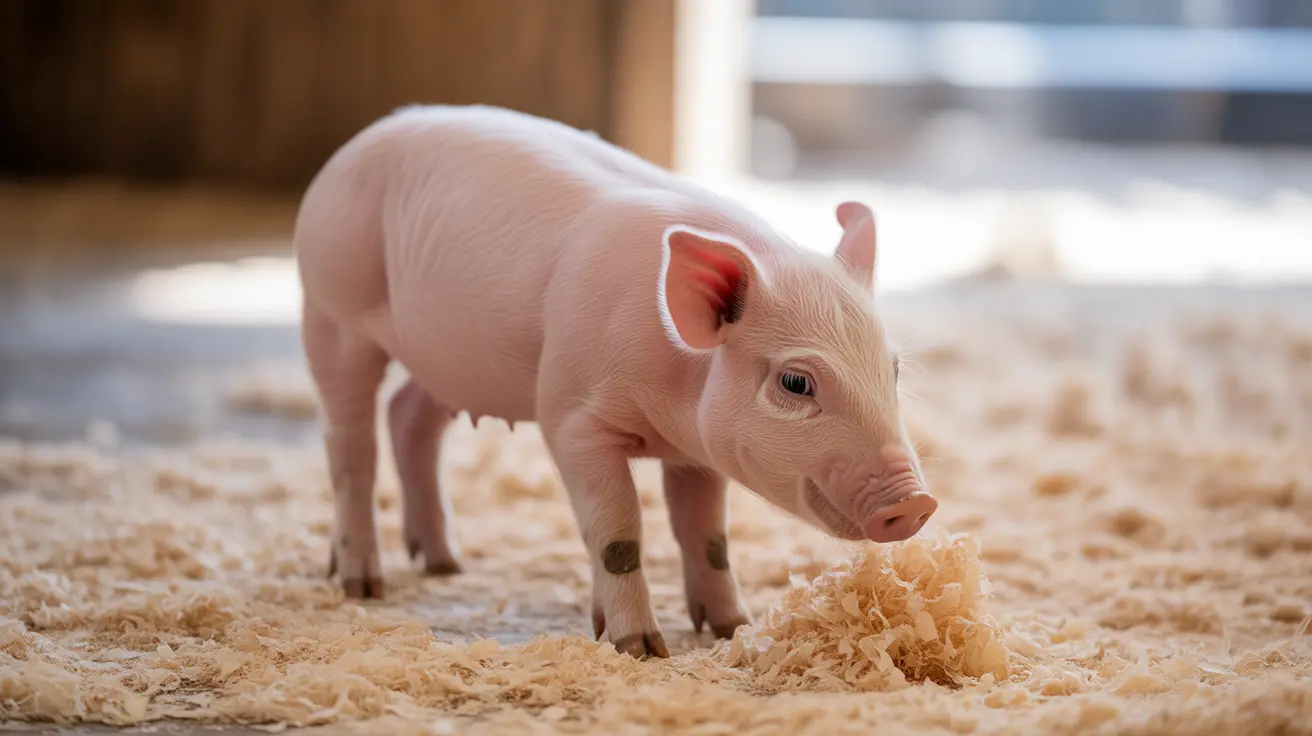The longest U.S. federal government shutdown in American history has officially come to an end, bringing relief to animal welfare organizations and pet owners nationwide. The comprehensive funding package passed by both the U.S. House and Senate this week has been signed into law, restoring critical Animal Welfare Act funding and numerous programs that directly impact the wellbeing of pets, farm animals, and wildlife across the country.
This shutdown had significant implications for animal protection enforcement, research programs, and essential services that pet parents rely on. The restoration of federal funding marks a crucial turning point for animal welfare initiatives that had been suspended or operating with limited resources during the prolonged government closure.
Key Animal Welfare Provisions in the Funding Package
The newly signed legislation addresses several critical areas that affect pets and their families. Among the most significant provisions is the restoration of Horse Protection Act enforcement, ensuring that horses continue to receive federal oversight against abusive practices. This enforcement mechanism is vital for maintaining standards in equestrian industries and protecting these magnificent animals from harmful treatment.
Pet owners dealing with domestic violence situations will particularly benefit from the renewed PAWS grants domestic violence pets program. This initiative helps shelters accommodate families fleeing dangerous situations who refuse to leave their beloved animals behind. Many survivors of domestic violence delay leaving abusive relationships because they cannot find safe housing that accepts their pets.
Advances in Animal Testing and Research Regulations
The funding package includes important provisions supporting alternatives to animal testing FDA initiatives. These programs encourage the development and validation of testing methods that can reduce reliance on animal subjects while maintaining safety standards for products that affect both pets and their human families.
Additionally, the legislation addresses horseshoe crab blood testing alternatives, supporting research into synthetic substitutes for medical testing. This development could significantly reduce the impact on horseshoe crab populations while maintaining the quality of veterinary medicines and treatments that keep our pets healthy.
Farm Animal Health and Safety Measures
The restoration of federal funding ensures continued humane methods of slaughter inspections and farmed animal disease relief funding. These programs play a crucial role in maintaining food safety standards and preventing disease outbreaks that could affect the broader animal population, including pets.
For veterinary professionals, the veterinary medicine loan repayment program continues to receive support, helping ensure adequate veterinary care availability in underserved areas. This program directly benefits pet owners by maintaining access to qualified veterinary professionals in communities that might otherwise struggle to attract and retain these essential healthcare providers.
Wildlife and Conservation Impact
The funding package also addresses endangered species conservation funding, ensuring that federal wildlife protection programs can continue their vital work. While this primarily affects wild animals, healthy ecosystems benefit all animals, including pets who share environments with wildlife populations.
However, the legislation also continues support for wildlife lethal control controversies, highlighting the ongoing tension between different approaches to wildlife management. Pet owners should remain aware of these programs, particularly those living in areas where wildlife interactions are common.
Regulatory Standards and Enforcement
The restoration of federal animal research regulations ensures that laboratories and research facilities continue to operate under appropriate oversight. These standards protect animals used in research that may eventually benefit pet health and veterinary medicine advancement.
The funding also supports captive marine mammal welfare rules, maintaining oversight of facilities that house dolphins, whales, and other marine mammals. While most pet owners don't directly interact with these animals, these regulations reflect broader societal commitments to animal welfare that benefit all animals.
Looking Forward
The end of the federal shutdown represents more than just a return to normal operations—it signals renewed commitment to comprehensive animal welfare protections. Pet owners can take comfort knowing that federal programs supporting animal health, safety, and welfare are once again fully operational.
The funding package demonstrates that animal welfare remains a bipartisan priority, even during times of significant political disagreement. This comprehensive approach to animal protection creates a stronger foundation for the human-animal bond that enriches millions of American families.
Frequently Asked Questions
How does the recent U.S. federal government shutdown affect animal welfare enforcement and protections?
The shutdown temporarily suspended many federal animal welfare programs, including inspections and enforcement activities. With the new funding package, these critical protections have been restored, ensuring continued oversight of animal care standards across various industries.
What changes to animal testing regulations and alternatives were included in the new federal funding package?
The funding package supports continued development of alternatives to animal testing, particularly through FDA initiatives. It also includes provisions for researching synthetic alternatives to horseshoe crab blood testing, which could reduce animal testing needs while maintaining safety standards.
How does the funding package support shelters for domestic violence survivors with pets?
The PAWS grants program, restored through this funding package, specifically helps shelters accommodate domestic violence survivors who need safe housing for both themselves and their pets. This program recognizes that many people delay leaving dangerous situations because they cannot find pet-friendly emergency housing.






